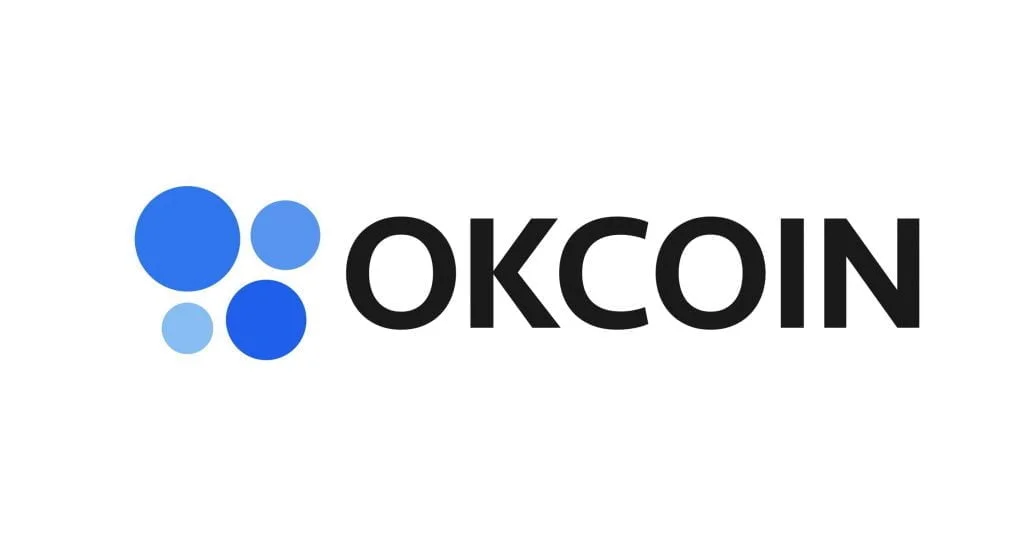The chief compliance officer of Okcoin Megan Monroe said the current regulations in the US are adequate to regulate cryptocurrency exchanges and further regulations may not be the best solution.

Although Megan Monroe, Okcoin’s chief compliance officer, stated that there are still some grey areas in regards to cryptocurrencies in the United States, she also stated that further regulation may not be the best solution.
Monroe told Cointelegraph that current US regulations are adequate to regulate cryptocurrency exchanges, token issuers, and custodian wallet providers, but that the “jurisdictional borders of these federal financial regulators are neither clear nor collaborative.”
Rather, she urged for a system that provides more clarity in determining which crypto enterprises should be regulated and in informing investors about the various protections available.
“A clear regulatory framework with defined jurisdictional boundaries, flexible compliance standards, and open communication channels with registrants (as well as state regulators) would be a good way to start an evolving framework for market participants to grow their businesses,” the Okcoin chief compliance officer said.
“[This] would give retail customers who want to interact with regulated firms a better idea of the investment protections available to them.”
She continued, “
“We do not believe that further regulation will necessarily prevent fraud and platform abuse […] Fraud should not be limited to focusing on retail customer regulatory compliance issues in the securities markets.”
The Securities and Exchange Commission (SEC) and the Commodity Futures Trading Commission (CFTC), two primary government organizations in charge of digital asset regulation in the United States, have differing jurisdictional claims involving crypto.
The SEC frequently uses the Howey Test to assess whether tokens are securities, with Chairperson Gary Gensler saying that the crypto economy, including decentralized exchanges, fits under the federal agency’s regulatory scope.
Former CFTC Chair Christopher Giancarlo, on the other hand, claims that cryptocurrencies are commodities and hence subject to CFTC regulation.
The seeming lack of clarity can be perplexing to crypto enterprises considering migrating to the United States, as well as local firms transitioning to the digital world.
It’s “difficult to figure out which laws apply and how they apply to something new,” according to David Schwartz, chief technology officer of Ripple Labs, who told Cointelegraph earlier this year that it’s “difficult to figure out which laws apply and how they apply to something new,” such as cryptocurrencies or blockchain technology.
“Over time, authorities have gained a better understanding of the industry and have broadened their purview to include new blockchain technology like decentralized exchanges and DApps,” Monroe added.
“However, rules are currently trailing business innovation, which is why regulators have yet to issue comprehensive regulatory guidelines on decentralized finance technology.”
An “incubator” method, according to Okcoin’s chief compliance officer, could be one viable solution to this “patchwork of financial regulations,” allowing crypto traders and firms to operate without fear of legal action for a specified amount of time.
She also pushed for more communication and collaboration between authorities including the CFTC, SEC, and Financial Crimes Enforcement Network, as well as programs that clearly indicate dangers to both investors and users.
